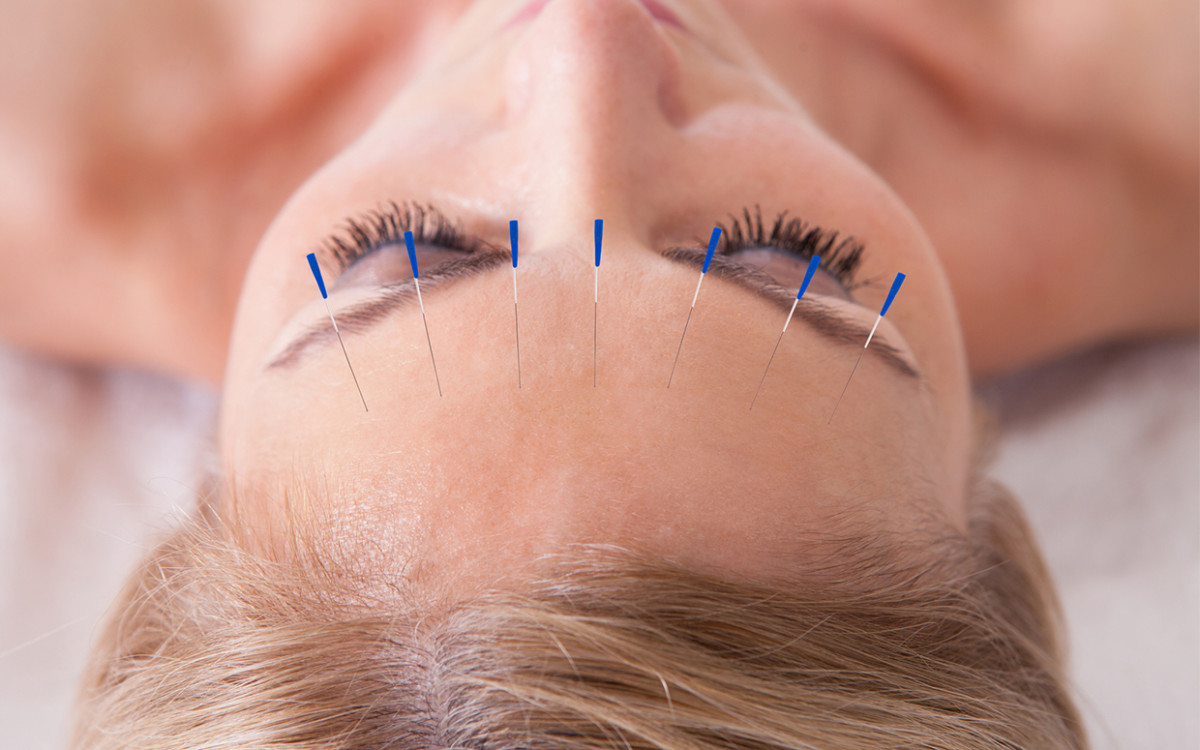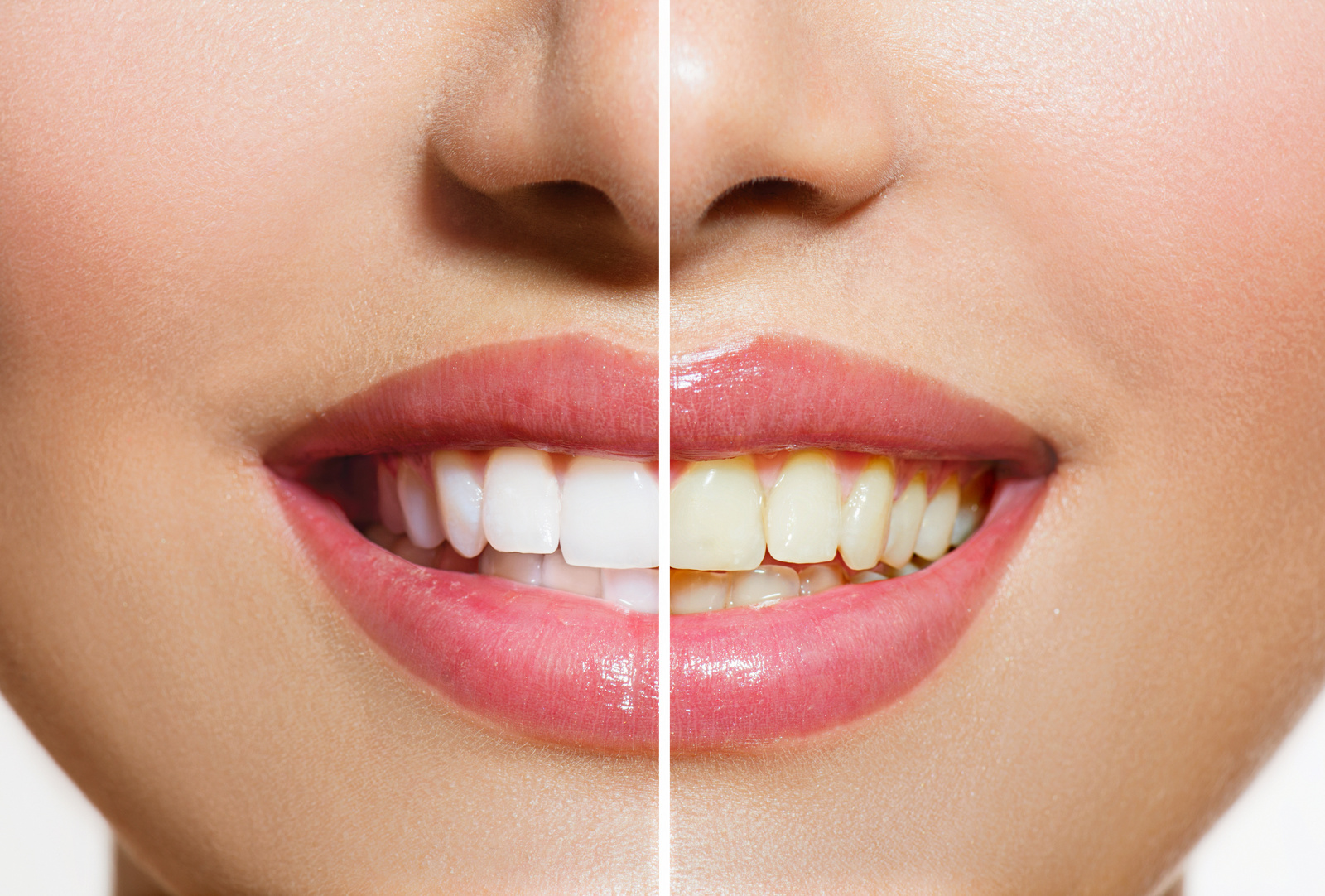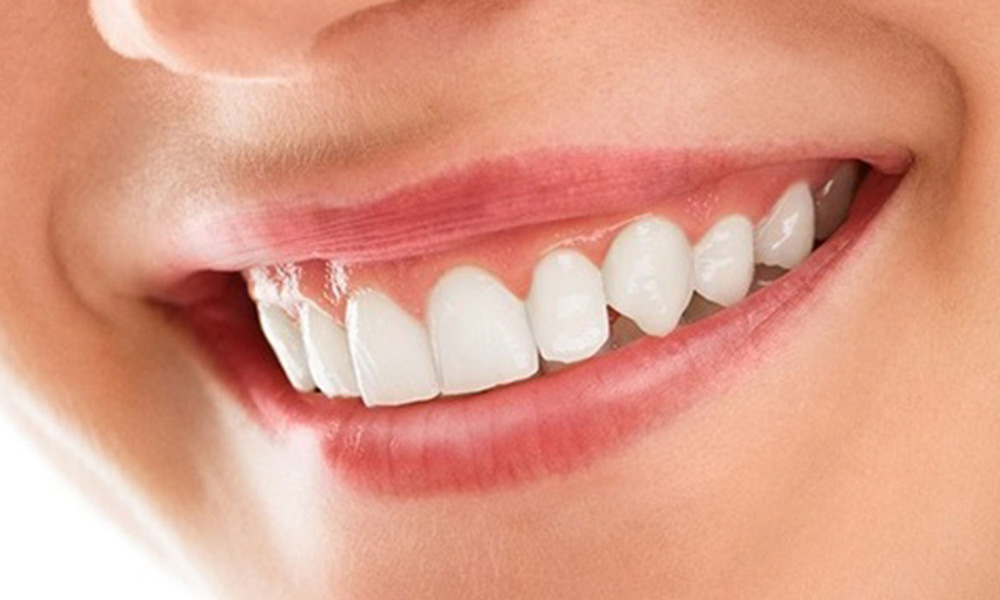Origin of Acupuncture.
Acupuncture needles have been documented in archeological finds dating back to 1000 BC. In China, acupuncture developed further and eventually became the norm for therapies and treatments. To supplement the treatment, practitioners used moxibustion, diet, herbs, and massage. In the fifteenth century, professionals began utilizing bronze statues to demonstrate acupuncture points, which made teaching acupuncture simple. The use of needling as a form of traditional Chinese medicine (TCM) peaked in the sixteenth century AD. Acupuncture did not become what it is today until between the 14th and 16th centuries (under the Ming Dynasty, 1368-1644). The blog discusses various risks and advantages of acupuncture.
Risks of Acupuncture.
When carried out by a licensed and experienced professional, acupuncture is typically considered a safe and low-risk therapy. Acupuncture does, however, carry some risks, just like any medical procedure. The following are a few possible acupuncture risks:
- Allergic reactions. Herbs are frequently burned on the skin to create precise heat patches close to acupuncture points. Herbs should be taken with the same caution and care as medications because they are just as strong and allergic and can cause skin irritation.
- One of the significant risks of acupuncture is infection. The sterile, disposable, and single-use nature of acupuncture needles is legally mandated. If needles are reused, there is a chance of infections spreading that can be transmitted from them. Hepatitis B, C, and HIV infections are among the diseases.
- The areas of the body where the acupuncturist inserted the needles may feel a little sore after the operation. A few times, acupuncture needles might result in bleeding or hematomas (blood collection under the skin).
- Damage to the nerves. Another risk of acupuncture is nerve damage. Critical nerve and structural injuries are infrequent in individuals receiving treatment from experienced doctors. If a needle is put incorrectly or too deeply during acupuncture, it can result in nerve injury.
Benefits of Acupuncture.
The following are the benefits of acupuncture.
- Relief from allergies. When allergy episodes begin, allergy patients can utilize acupuncture to boost their immune systems. Acupuncture can assist in easing allergy symptoms once an episode starts when used in conjunction with allergy medicines.
- Increased energy. Those who receive acupuncture treatments feel more energized afterward. The benefits of acupuncture are seen when people are more productive at work and home.
- Relieves chronic pain. The fascia, a type of connective tissue that surrounds all of your internal organs and muscles and is richly innervated, is punctured when an acupuncturist inserts a needle. The body responds to the tickling caused by the needles by sending blood, lymph fluid, and other nutrients to help the stimulated area heal.
- Better sleep. Acupuncture can help enhance the quantity and quality of sleep by regulating the body’s circadian cycle and minimizing stress and anxiety.
Mirvana Acupuncture and Chinese Herbs is the Ideal Acupuncture Clinic in Houston.
Acupuncture is continually thriving as more individuals are accepting it. The effectiveness of this method is demonstrated by the fact that acupuncture has been practiced for more than 2000 years and is still in use today. Several people and scientists have recognized and adopted acupuncture and Chinese Traditional Medicine procedures. Visit Mirvana Acupuncture and Chinese Herbs to enjoy our exceptional services.









